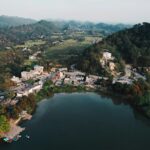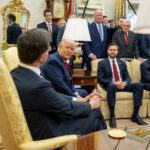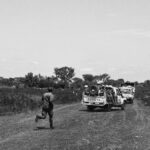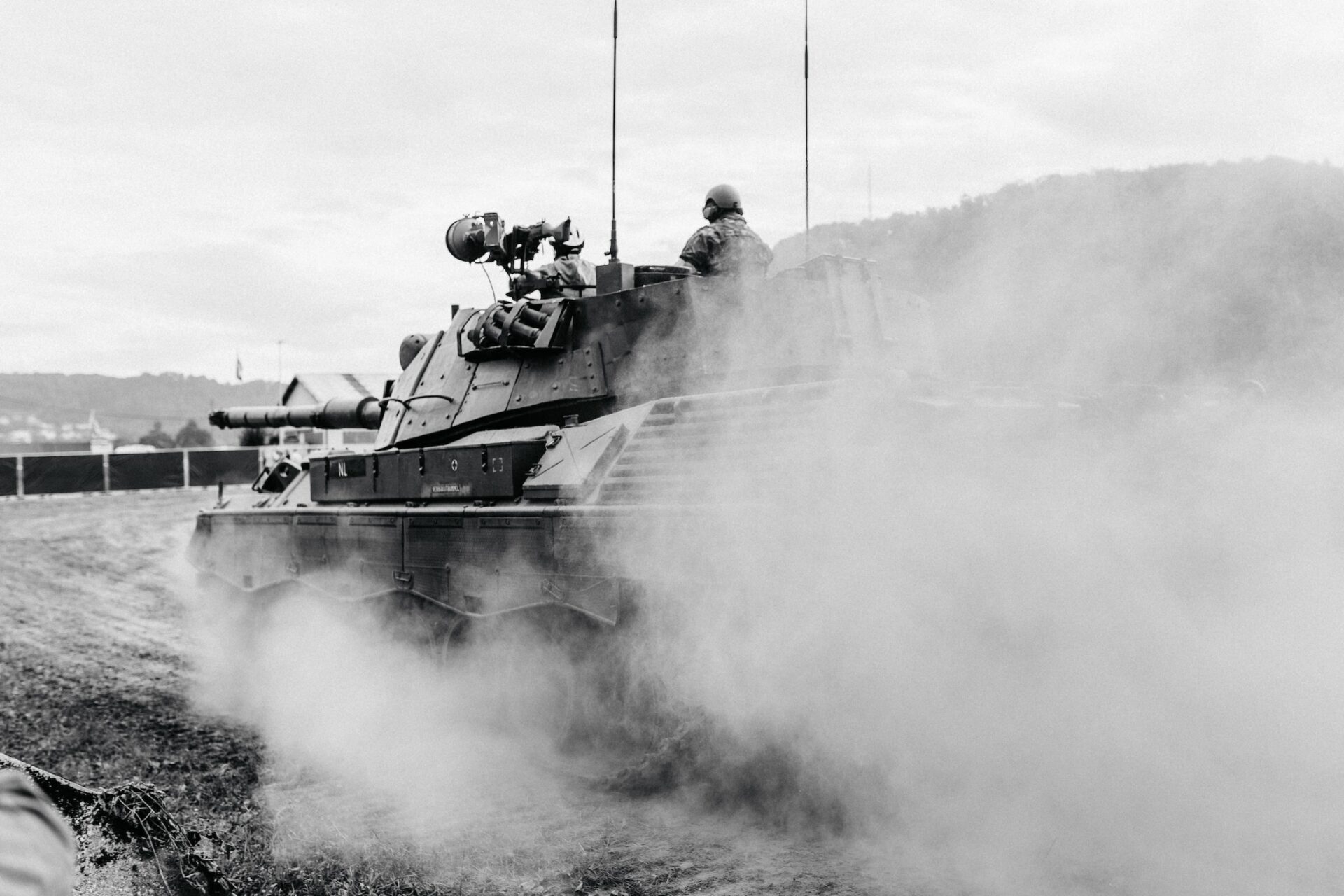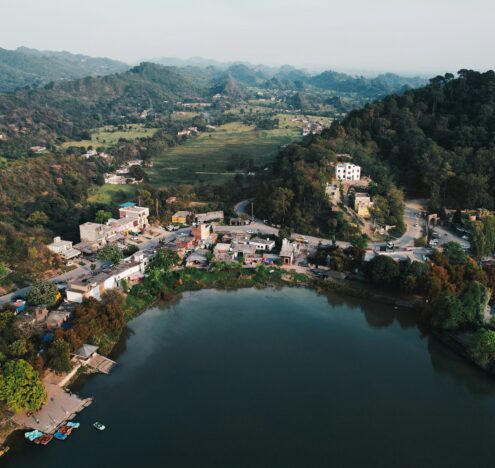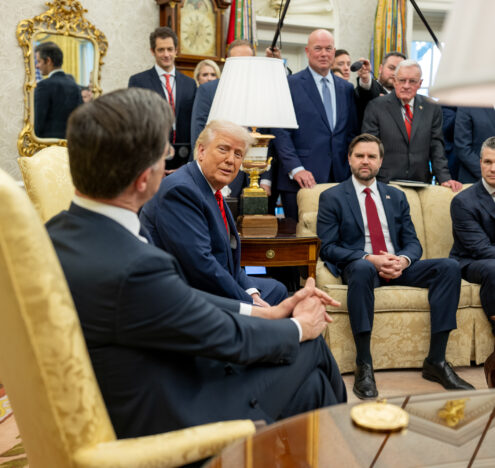Counterinsurgency, by all appearances, is well and truly out of fashion. After a long cycle over the last decade and a half of popularity, popular rejection, and decline, irregular war has returned to the margins of US and allied military practice. As one commentator recently noted on Twitter, the new US Army Operations manual — the army’s capstone doctrinal document — mentions Ukraine 17 times without mentioning Afghanistan at all. A decade and a half ago, counterinsurgency was by far the most visible idea in US military practice. It now seems close to irrelevant.
We have been here before. A familiar story about counterinsurgency concerns memory and forgetting. In the aftermath of a traumatic irregular war, officers and officials deal with defeat by choosing to forget what went wrong. During and after Vietnam, for example, a generation of senior officers is said to have handled defeat either by avoiding difficult lessons or by avoiding the subject itself. This avoidance, the story goes, leads militaries not to learn over the long term. The proffered solution is to better document what worked on the ground, develop systems for repeating it at scale, and face hard truths about the inevitability of fighting these wars again and again in the future.
REMEMBERING COUNTERINSURGENCY
But what exactly should we remember? How should we go about recovering it — and why? The memory politics of counterinsurgency turn out to be complicated. In researching my new book, “The Counterinsurgent Imagination,” I found this cycle of loss and recovery everywhere. Yet, they seem to unfold to little practical effect: Even when we get the old lessons back, they do little good or poorly fit new circumstances. The office-scholars who diagnosed the effects of misunderstanding and forgetting around Vietnam — men like Generals H. R. McMaster and David H. Petraeus — went on to recover ideas about counterinsurgency that failed in Iraq and Afghanistan.
A decade and a half ago, counterinsurgency was by far the most visible idea in US military practice. It now seems close to irrelevant.
As conflicts drag on and wind down, the defense establishment can end up awash in “lessons learned” documents. Such practices have an institutional home in the Center for Army Lessons Learned, which is part of the US Army’s Combined Arms Center. Yet, what we are to do with these is less clear. Often, past counterinsurgency turns out to be unpalatable, whether in its techniques or its broader politics. Circa 2005, US officers aimed to recover lessons from the French counterinsurgent David Galula.
Galula had advocated limited, targeted violence, alongside protection and control of the population, and a focus on local knowledge — practices core to “population centric” counterinsurgency. However, they ran up against his links to torture in late-1950s Algeria. The trouble was not just what he’d done but the French imperial project for which he’d done it. Petraeus ordered all positive references to Algeria purged from the 2006 US Army Field Manual 3-24. Yet, Galula’s name remained in the bibliography and his ideas persisted (sometimes uncredited) on the manual’s pages.
This kind of forgetting and misremembering isn’t new. After all, 1960s counterinsurgents didn’t reliably remember their 19th colonial “small wars” forerunners. Participants made almost no reference to past practices at a 1962 RAND symposium on counterinsurgency. Indeed, the term itself was new, having just entered the language of warfare. They seem to have thought they had discovered a new kind of war and needed new ways to fight it. Authors of 19th century colonial warfare handbooks had similar complaints. James Alexander, a British imperial officer, claimed he wrote his 1873 book because he “could find no good manual on bush fighting.” James Smith, an American colonial officer, complained in his 1812 book that previous colonial soldiers had “left very little on record, of the particulars; of how this war was carried on.” In truth, precursors date at least to Bernardo de Vargas Machuca’s 1599 “Militia Indiana,” from Spanish wars in the Americas.
Recovering these “lessons” is often neither easy nor particularly useful or even desirable. Ideas often resurface shorn of their political motives. Alexander and Smith wrote handbooks of small warfare geared to Indigenous dispossession. We would, I hope, prefer not to retrieve those lessons. Attempts to sanitize them for reuse produce problems of their own. Alan Cromartie wrote of the 2006 US army manual that its authors read into Galula a liberalism of their own. Galula, by contrast, was an anti-communist conservative and an imperialist. The result was an updated program that “fails in its own terms.”
CAN WE LEARN FROM THE PAST?
The problem is not a lack of sophistication. Attempts at recovery are often serious, nuanced, and complex. The counterinsurgents tied to the 2006 Field Manual and the Iraq surge certainly seem to have done the reading. Nor are they guilty of bad faith. Their written reconstructions of authors like Galula and Robert Thompson, who wrote “Defeating Communist Insurgency: Experiences from Malaya and Vietnam,” sometimes border on earnestness. Thompson was General Sir Gerald Templer’s intellectual associate in Malaya, and like Galula, both were associated with protection of population, limited violence, and local knowledge. Like their French counterpart, they now seem tainted by their links to colonialism. Still, I don’t think their American readers can be faulted for not trying or for not believing in what they are trying to do.
Instead, I think the problem is that they’re trying to recover lessons of the wrong kind. Around when I started my doctoral research on this stuff, I sat in a senior professor’s office and listened to him complain that we don’t really learn the hard counterinsurgency lessons at all: The ones not about how to fight wars, but about when to.
Looking back, I think he was right. We’ve got plenty of ideas about how to fight these wars — whether or not they’re any good. It’s less clear we knew then, or know now, how to avoid them. We should probably stop trying to remember how to fight wars that we should by now recall not to fight in the first place.
Joseph MacKay, is a Fellow (Senior Lecturer) in International Relations at Australian National University. He holds a PhD in political science from the University of Toronto. “The Counterinsurgent Imagination” is forthcoming from Cambridge University Press.






